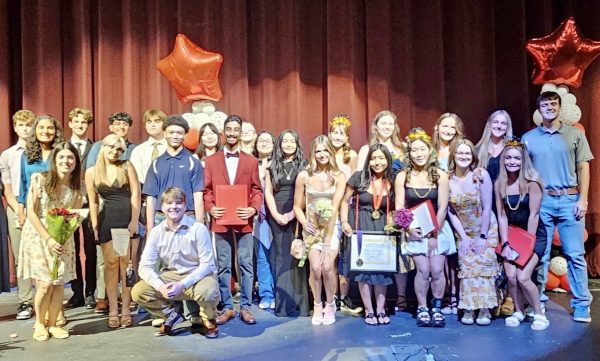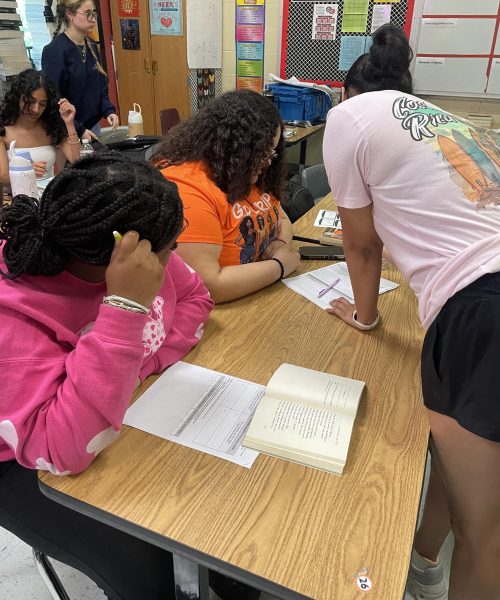The Best Ways to Study for AP Exams
Maximizing the efficiency of time spent studying is very important for students taking multiple AP exams in May. Even for students only taking one, spending less time studying and more time relaxing or honoring other commitments is actually beneficial; many conventional methods and rules of studying have recently been proved wrong. The latest tips can help you get the score you want.
Many people see memory as one unit, but is more accurately described as three separate stages: sensory images, short term memory and long term memory. Nerve patterns are what makes a memory. Recalling a fact will start along the same neural pathway that went off the first time the fact was read. Sensory details are sorted through so that only important data will be stored in the short term memory; the rest of the sensory data collected is not stored at all. Then, information that is recalled repeatedly will be stored in the long term memory. Making the neural pathway for a memory increasingly stronger and moving the memory from the short term memory to the long term memory will allow you to use your knowledge to its full extent, and answer as many questions as possible. This is the scientific theory that supports the Cornell note taking method, a study system employed by many Dunbar teachers.
Here are some additional ways to strengthen the neural connections in your brain.
Music can enhance memory. Classical music, especially Mozart, which is an ideal 60 beats per minute, actually stimulates both sides of the brain which makes it easier to remember facts.
Contrary to popular belief, switching studying location actually helps focus by allowing the brain to connect the material to many different settings. The more neural pathways there are to the facts, the stronger the memory is.
Studying with someone else can be very beneficial, too. Choosing the right person is important; you don’t want to get distracted by a friend. It helps to have similar goals, as well as similar studying techniques; if one person needs silence to read while the other person talks out loud to revise, the studying might be fruitless for both parties.
To study efficiently, it is helpful to employ the basic tips that many of us know, but may not actually apply, such as studying in chunks, setting a study schedule and even doing 20 minutes of cardio before or in the middle of studying. These tips all prevent stress and fatigue. Numerous studies have shown that these two feelings have very physical side effects, impacting the future health of the body, and reducing performance in the present as well. This is why cramming, which may yield positive results in terms of scores for a while, is probably more negative than positive.
It’s important to take into account the subject that you are studying. With language, for example, it is more effective to study all types of material, like grammar, vocab, speaking and listening, in the same session. Mixed practice in math and science ensures that the formulas are set in the long term memory rather than practicing the same equations repeatedly. Going back and forth between different types of problems makes the connections stronger.
Make sure you are aware of these things so that you can modify or add new studying techniques to your repertoire. Keep in mind, everyone is different, so basic ideas must be modified to fit your needs. Strengthening the neural connections that are the foundations of memories is at the core of all of these tips. While knowing these tips is good, what is going to produce results is actually implementing them. Studying is hard, but being proud of the final test score is worth the few weeks of hard work that may be required to achieve it.



























